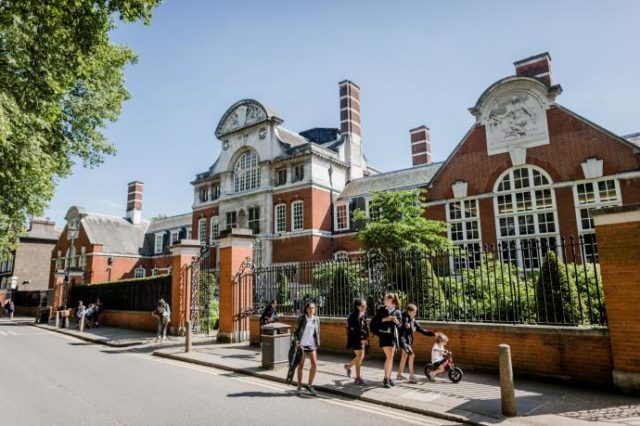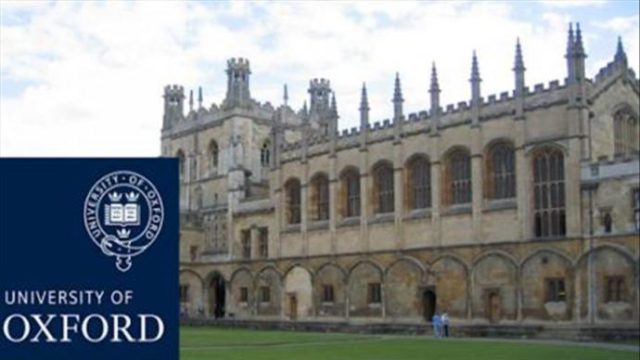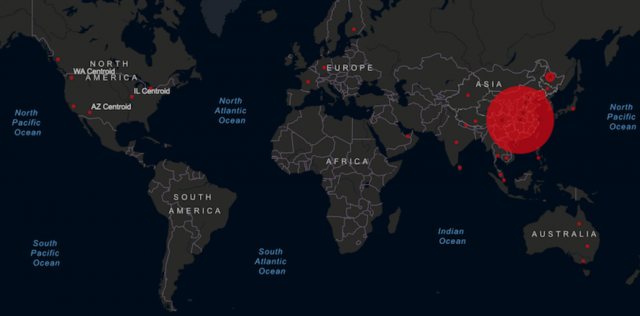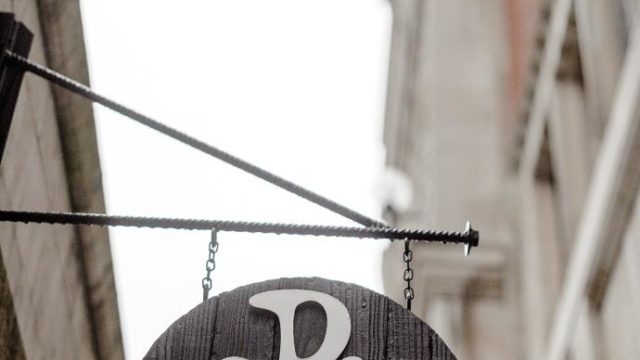iPaulina

Happy Birthday SPGS!
Where was feminism in 1904?On 19 January, the school celebrated its 116th birthday. A fascinating history of the school can be found on the website and includes illustrations, old photographs and many facts you may not have known, such as the school evacuating to Wycombe Abbey during the War. Have a look here: https://spgs.org/about/history/. Generations of Old Paulinas have distinguished themselves in a variety of fields since the school was founded. However, opportunities and challenges for women have changed significantly since 1904. Below, we explore the situation faced by women in 1904 when St Paul’s Girls’ School was established.
1904 was a time when women had to fight for equality and recognition. 19 female chemists sent a petition to the Chemical Society pointing out that 150 women had authored approximately 300 papers published by the Society in the previous 30 years and demanding women be awarded the status of Fellow; an aim not achieved until 1920.
In the same year, the International Woman Suffrage Alliance (now the International Alliance of Women) was founded in Berlin. However, British women did not get the vote until 1918, Dutch women in 1919, and American women in 1920. Shockingly, women in Switzerland could not vote until 1971.
In 1904, Joseph F. Smith, the founder of the Church of Jesus Christ of Latter-Day Saints, published his Second Manifesto ending the practice of plural marriage, sparing Mormon women the indignity of living as “sister wives.” It was also the year when a brave German journalist, Anna Rüling, made the first known public statement about the socio-legal problems faced by LGBT+ women.
A few months after the school was founded, the first British employment agency for women was opened. The Labour Bureau for Women saw 360 women sign up in its first three weeks. “Nearly all types of working girl are represented, from the charwoman up to the teacher of music,” stated an article in the Guardian dated 14 April 1904. This demonstrates that women were already in the workplace and keen to advance, but it took decades before they were properly recognised and protected within it.
In 1904, women were constrained in more ways than one. They still wore clothes reflecting Victorian proprietary, including tight corsets that laced at the back and made breathing incredibly difficult. The corset was only abandoned during WWI, perhaps partly because of the scarcity of servants to tie the laces during the War.
1904 was the year Trinity College, Dublin began conferring degrees on women; they were not allowed to be full members of Oxford University until 1920 or Cambridge University until 1948, despite being allowed to study at those universities. This means the first cohort of girls leaving St. Paul’s would not have been able to take degrees; a far cry from today’s valedictorians, the majority of whom pursue further education both in the UK and abroad.
Women have come a long way in these past 116 years and education has empowered them as never before. Happy Birthday St Paul’s and thank you for all that you do!
Amara V

Where’s the Line Between Hate and Freedom of Speech?

But like why do you want to apply anyway?

Megxit is the Start of the End of the Monarchy

Technology and the Internet: We have killed our gods and touched the moon

The truth about the coronavirus….

Restore

The not so special ‘Bojo-Trump’ relationship
